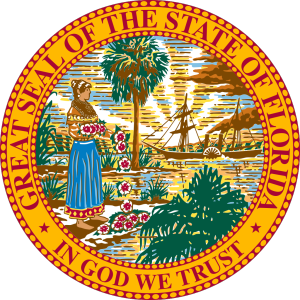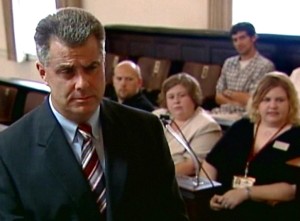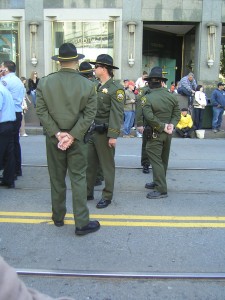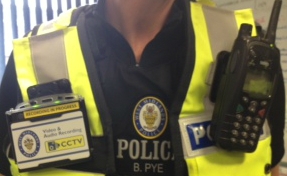Charlotte DWI Lawyer Brad Smith answers the question: What are the long term effects of being convicted of a crime?
North Carolina’s death row houses 152 inmates awaiting execution. The state has not executed an inmate since 2006. A series of lawsuits brought by death-row inmates in 2007 led to what some call a “de facto moratorium.” Those lawsuits are still pending.
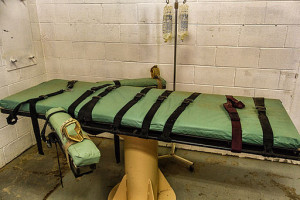 Now a group called “North Carolina Conservatives Concerned about the Death Penalty” is pushing state lawmakers to consider whether replacing the death penalty with life-in-prison-without-the-possibility-of-parole would be prudent in light of recent death-penalty developments in the Tar Hell state and elsewhere. Raleigh-based political consultant Ballard Everett is the group’s “coordinator.” According the Associated Press, the group’s membership includes current or former Republican Party chairmen from at least three North Carolina counties.
Now a group called “North Carolina Conservatives Concerned about the Death Penalty” is pushing state lawmakers to consider whether replacing the death penalty with life-in-prison-without-the-possibility-of-parole would be prudent in light of recent death-penalty developments in the Tar Hell state and elsewhere. Raleigh-based political consultant Ballard Everett is the group’s “coordinator.” According the Associated Press, the group’s membership includes current or former Republican Party chairmen from at least three North Carolina counties.
The state legislature passed a law last year aimed at resuming capital punishment. Last October, the Department of Public Safety issued a new set of protocols for carrying out death sentences. The “Execution Procedure Manual” provides for the administration of a single drug—Pentobarbital—to execute inmates.
Pentobarbital isn’t the easiest drug to find in the world, at least for states seeking to use it in lethal injections. The drug’s European manufacturers—located in countries that oppose the death penalty—refuse to sell the drug to states and departments that may use it to carry out death sentences.
 Charlotte Criminal Lawyer Blog
Charlotte Criminal Lawyer Blog






